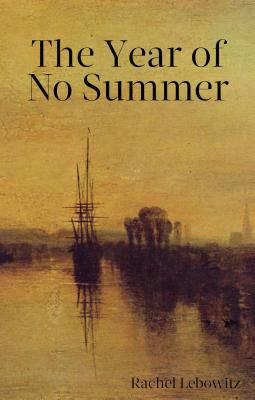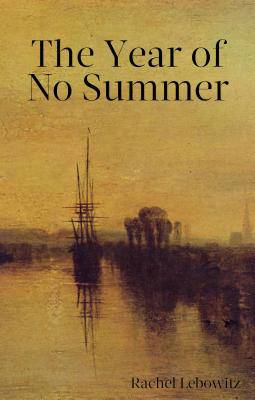
- Retrait gratuit dans votre magasin Club
- 7.000.000 titres dans notre catalogue
- Payer en toute sécurité
- Toujours un magasin près de chez vous
- Retrait gratuit dans votre magasin Club
- 7.000.000 titres dans notre catalogue
- Payer en toute sécurité
- Toujours un magasin près de chez vous
Description
"Lebowitz highlights the parables, fables and myths we humans created in order to weave meaning into our lives and to which we return for comfort." --Atlantic Books Today
On April 10th, 1815, Indonesia's Mount Tambora erupted. The resulting build-up of ash in the stratosphere altered weather patterns and led, in 1816, to a year without summer. Instead, there were June snowstorms, food shortages, epidemics, inventions, and the proliferation of new cults and religious revivals.
Hauntingly meaningful in today's climate crisis, Lebowitz's lyric essay charts the events and effects of that apocalyptic year. Weaving together history, mythology, and memoir, The Year of No Summer ruminates on weather, war, and our search for God and meaning in times of disaster.
Spécifications
Parties prenantes
- Auteur(s) :
- Editeur:
Contenu
- Nombre de pages :
- 180
- Langue:
- Anglais
Caractéristiques
- EAN:
- 9781771962193
- Date de parution :
- 01-05-18
- Format:
- Livre broché
- Format numérique:
- Trade paperback (VS)
- Dimensions :
- 132 mm x 208 mm
- Poids :
- 204 g







